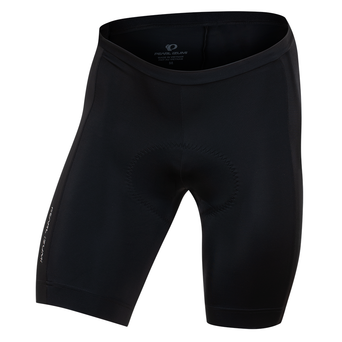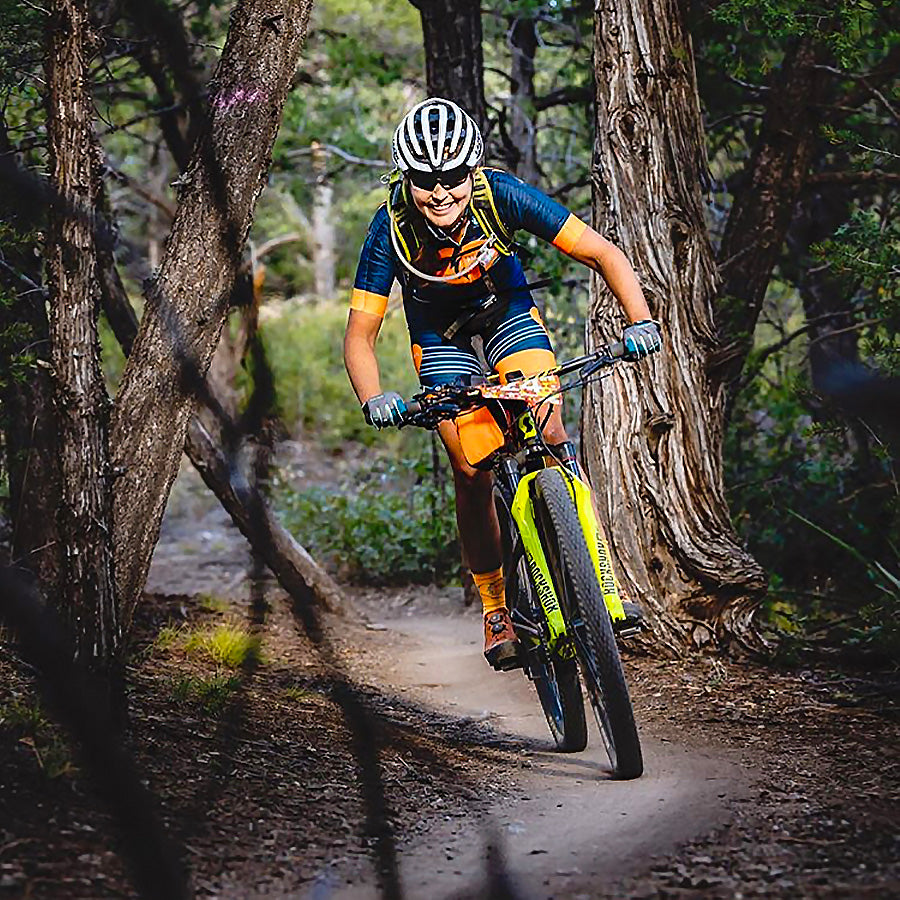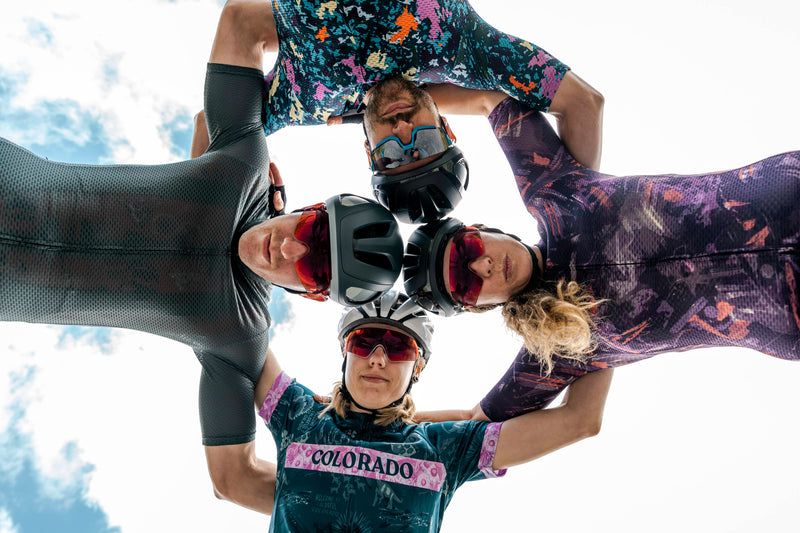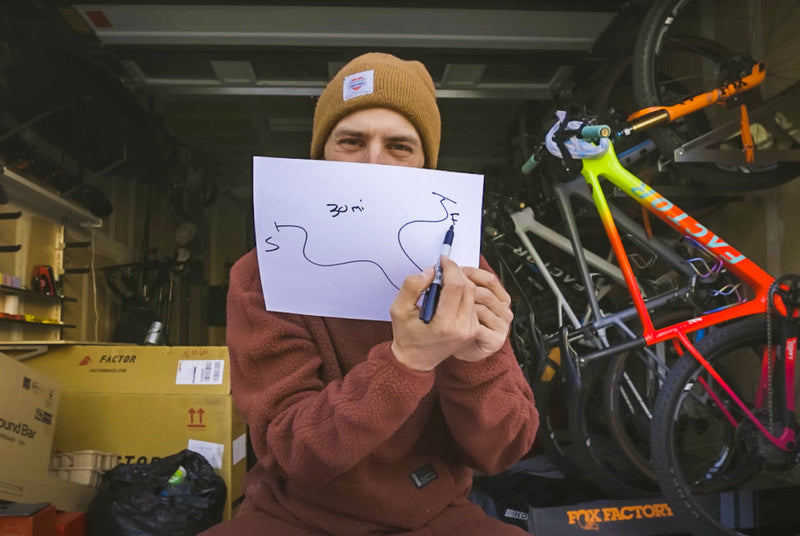If you’ve ever thought that getting more girls on bikes is a good idea, you’re not alone. Professional mountain biker Ashley Carelock was so inspired by Little Bellas, an organization that mentors little girls and teens through riding bikes, that she wanted to use her long-distance riding ability to raise money for them.

The Amy D. Foundation rider plans to race Across Andes, a 900-mile bikepacking event through Chile and Argentina, as a fundraiser. “I wanted to do something, not for just myself but focused on ‘why do I ride; what do I believe in?’ I’m riding and racing to get more girls riding. I want to see more children on bikes, especially children that age.”
In 2018, Carelock became a mentor for Little Bellas and loved working with the girls. “It was amazing to see the difference just from the morning to the afternoon. Their heads were up, their shoulders were back. The confidence they gained in just a day was absolutely noticeable. So I started looking for something to do, to help Little Bellas hit their goal of having more programs.”
She found Across Andes online and knew the event would be right up her alley. She’s had success with long events, winning and setting a new course record last year at the Colorado Trail Race, which boasts a length of 500 miles and 70,000 feet of climbing. “I love the longer, epic things, the multiday bikepacking races, that’s where my heart is. This race is 60 percent gravel and 40 percent road, with 6,800 feet of elevation gain. We have to complete it in 8 days, but I think I can go faster, I’d like to average 150 miles a day or more.” She’ll be facing some significant weather challenges, with typical winds in the Argentina portion reaching 40mph or more. Since the race tops out at 15,000 feet, cold will also be a factor. “I’ll need to be strategic about where I camp, since it’s hard to recover at that altitude, and it’s going to be really cold.”
Racers have to hit six checkpoints along the route, which starts and finishes in Santiago, Chile. They will pass through the Camino del Inca, a historic route for pre-Columbian peoples, go on into Argentina, then circle back to Santiago for the finish. “The first checkpoint is the hardest, you have to get there in the first day and a half. If you’re not making certain checkpoints by certain times, your race is done,” Carelock said. The event is fully self-supported, so she can’t accept any outside help, except from another rider. She may be the only female solo rider; last she checked, only two other women were racing, and they were doing it as a duo.

Taking on big challenges might be in the DNA of athletes who gravitate toward helping the young girls in Little Bellas. Tiffanie Beal, a six-year mentor for the Boulder, Colo. group, was a former adventure racer and mountain bike racer who, among other successes, won a national championship in cross country in 2009.
She got pulled into the organization by another bike racer friend, who later left to have her own children. Beal stayed involved and worked her way up to being a lead mentor. “I really enjoy connecting with the girls. It’s such a great program for giving girls the confidence to do anything in life. We’re not training them as cyclists, we’re trying to give them an outlet to do really cool things and feel empowered. They’re letting go of fear, and that will get them through the trail and beyond.”
Little Bellas was co-founded in 2007 by sisters Sabra and Lea Davison and Angela Irvine, all professional cyclists who noticed how few women were next to them on the start line of mountain bike races. They realized that the answer was to target girls from a young age, 7-16 years old, bringing them along through an all-female program to help them develop confidence, self-esteem, and interest in sports.
“I think biking is a really healthy way for girls to navigate the middle school years when we tend to lose them from athletics,” Beal said. “And we give them something they’re proud of. It’s a really cool program in that we don’t care if they nail a skill on the bike, but that they’re willing to try, and to work through things together.”
Beal feels that the all-female model is very valuable for young girls. “It’s great to make this girls-only because no girl is ever put in a position where she feels not as good, or not as fast. We take great care to include everyone, no matter their level. There’s camaraderie with women, and the way we encourage each other and demonstrate skills is different from boys, and I think it’s a really successful model for Little Bellas. Some girls can never get comfortable in their own skin with boys around. I see that from the way they respond. Some of the girls seem more free, they can really connect with some of the coaches, who are all really powerful women.”
Little Bellas uses pro ambassadors to inspire the girls, and these athletes aren’t just cyclists. The roster includes triathletes, nordic skiers, and surfers, many of whom make appearances at Little Bellas events. The organization has also been developing its junior mentor program, where teenagers (often alumni) volunteer to help the girls coming along behind them. And finally, the program is expanding into new markets, including those where riding bikes for recreation isn’t the norm. “There’s one in Philadelphia, and that’s a big deal,” Beal said. “Their challenges are so different than ours. They’re dealing with inner-city problems, they’re just trying to get girls on bikes and give them more opportunity. Little Bellas is identifying new places to go, where the demographics are very different, and I think that’s awesome. That’s what we need, inclusion and diversity in this sport, and we can influence that.”


Carelock sees that big picture, too. “I think the world can be difficult, but cycling has given me the tools to face challenges in this world. If we can give those tools to our youth, especially at such a pivotal age, the world would be a better place.”
To donate to Carelock’s fundraiser, visit her Instagram feed @ashcarelock.
Or you can donate directly here: https://littlebellas.givingfuel.com/2019-ashleys-andes-fundraiser
The race takes place on Nov. 30.





